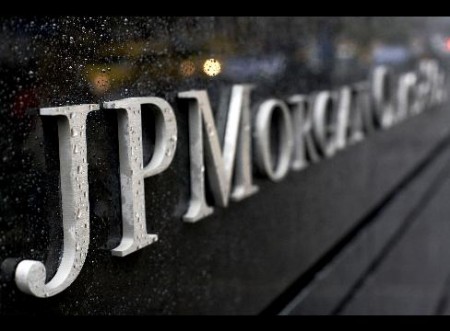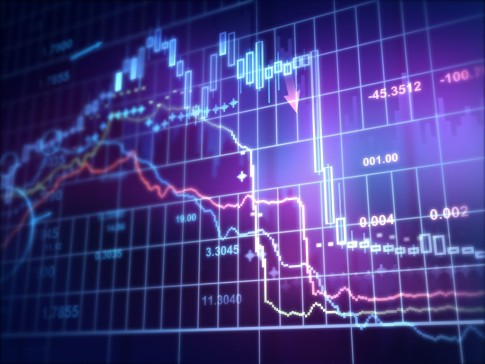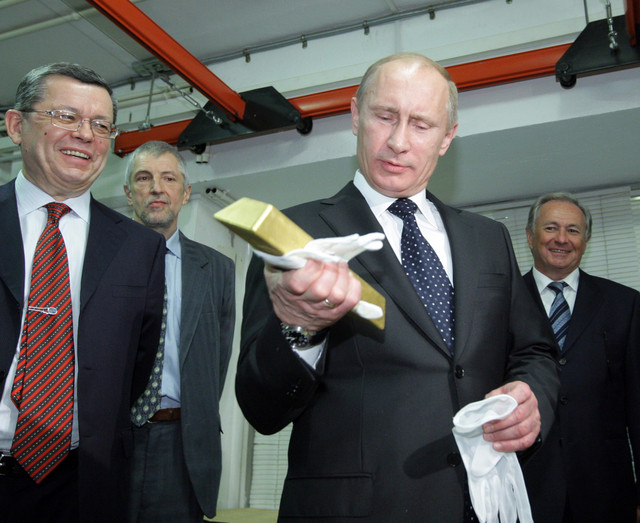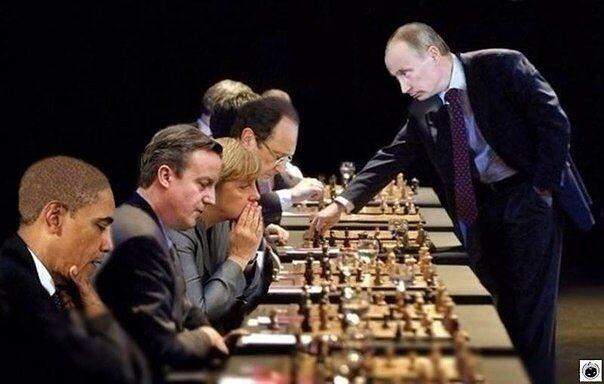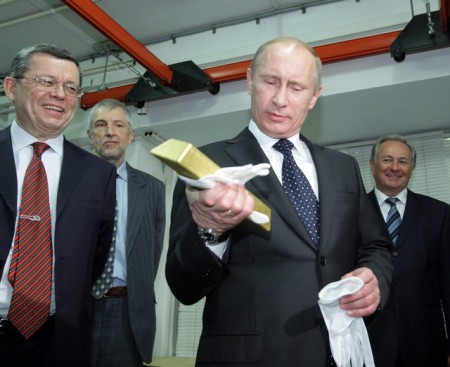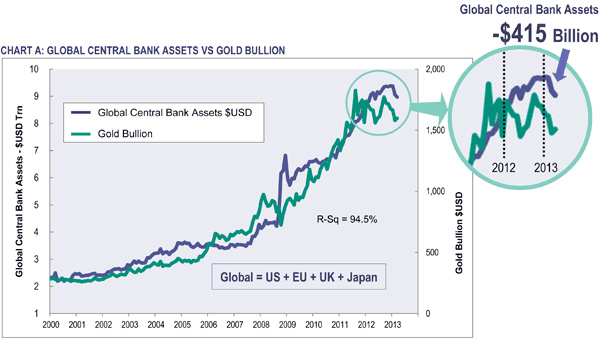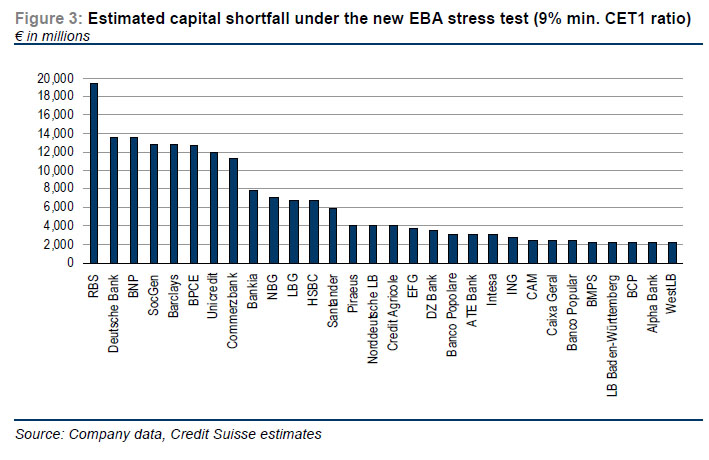Flashback:
– Greek Central Bank Accused of Encouraging Naked Short Selling of Greek Bonds (Financial Times)
And remember that the biggest Greek CDS speculator has been the state-controlled Hellenic Post Bank with help from (Yes, you’ve guessed it!) Goldman Sachs:
– State-controlled Hellenic Post Bank (TT) bet against Greece (Kathimerini)
– Fragwürdige Finanzgeschäfte Griechen wetten auf eigene Pleite (Sueddeutsche Zeitung)
The state-controlled Hellenic Post Bank was betting on Greece going bankrupt!
What will happen if Greece defaults:
– Here Is What Happens After Greece Defaults
Solution:
– Former Assistant Secretary of the US Treasury Dr. Paul Craig Roberts: Revolution is the Only Answer (For Greece, Ireland etc.)
Must-read!
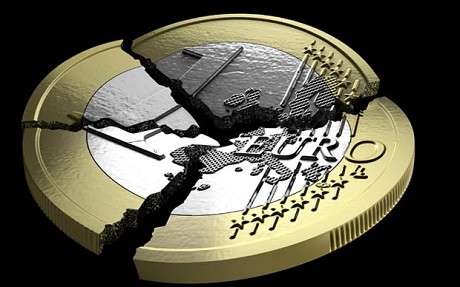
The following article will be constantly updated at ‘Covering Delta’, so please visit the link and read the article there.
– Accusations of Treason in the Greek Parliament (Covering Delta):
Leaving aside for a moment the obvious questions of criminality and treason that have arisin from the details of the Memorandum of Understanding between the Greek government and the Troika (IMF/EU/ECB), which concedes total sovereign authority of the Greek state over the fate of its own citizens to foreign banks, let us turn to recent allegations made in Parliament against the Prime Minister of Greece himself, George Papandreou.
Recently, in an interview on Greek television, Member of Parliament for New Democracy, Mr. Panos Kammenos, made allegations that if true, could very well constitute treason for the Greek Prime Minister, members of his staff and possibly members of his own family. These allegations were repeated by Mr. Kammenos on the floor of parliament and given support by the leader of LAOS, Mr. George Karatzaferis. These allegations are therefore, not made lightly, and have now been plainly put forth before the Greek people. They can no longer be ignored, and the Prime Minister is obliged to respond to them.
The gist of the allegations rest on the charge by Mr. Kammenos, that the Greek Prime Minister, Mr. George Papandreou and members of his team, presided over the sale of 1.3 billion dollars worth of credit default swap contracts (CDS on Greek sovereign debt) on or around December of 2009, shortly after coming to power. The 1.3 billion dollars worth of insurance protecting against a Greek default was bought during the spring and summer of the same year, by the Hellenic Postbank, a public banking arm of the Greek government. It is unclear what the intentions of the Postbank were when it purchased the credit protection. Clearly, the previous government that was in power at the time (New Democracy or N.D.) understood that Greece was headed towards a fiscal crisis, otherwise they would not have purchased the insurance. However, we do not know if the move was initially made with the intention of reaping private profit, or simply as a hedge by the government itself against it’s own default.
[*Note: I have been made aware of a possible discrepancy between the numbers cited by Mr. Kammenos and those cited by Mr. Tombras in his law suit. Specifically, the subject at issue is the notional value of the CDS purchased and then sold by Hellenic Postbank. The size of the bank’s balance sheet would not warrant as large a hedge as the 60 billion in notional CDS (implied by Kammenos), which would imply that either the bank was net-short it’s own government’s debt, or that some mistake has been made by those looking over the books. This would affect the profit potential for the position, but would not change the fundamental fact that insurance protection was sold from public to private hands. – i.e. it has no bearing on the allegations]
Read moreAccusations Of Treason In The Greek Parliament Against Bilderberg PM Papandreou
